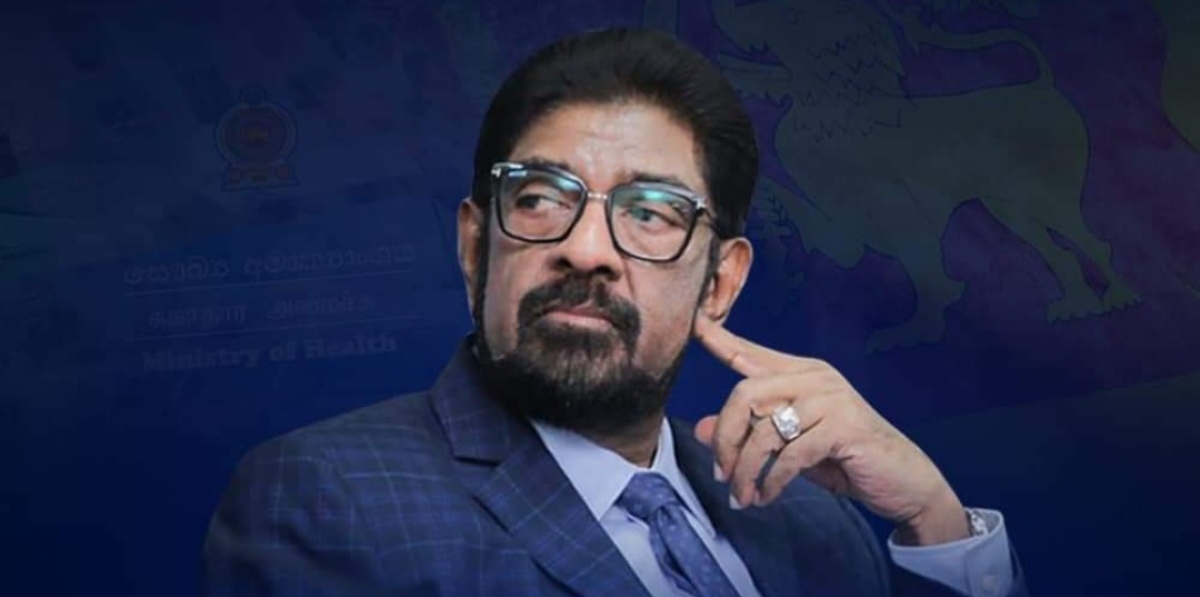In a historic development for Sri Lanka's political landscape, Keheliya Rambukwella, the current Minister of Environment and former Minister of Health, has been arrested and remanded on criminal allegations while still holding a ministerial portfolio. This unprecedented move has stirred controversy and raised questions about the government's handling of corruption within its ranks.
According to PC Nalinda Indrathissa, this marks the first instance in Sri Lankan history where a serving minister faces criminal charges while in office, signaling a significant departure from established norms. A number of health organisations, civil activists and journalists exerted pressure on the police to arrest the former Health Minister.
The main allegation against Rambukwella centers around his purported exploitation of the country's economic crisis to push through a cabinet paper aimed at initiating emergency medical supply of 182 types of medicine, many of which were not in short supply, including human immunoglobulin. This move allegedly bypassed the regular tender process and favored a particular supplier, potentially enabling the provision of fake immunoglobulin.
The government's decision to charge Rambukwella under the Government Public Property Act has raised eyebrows, particularly due to its association with past political maneuvers. This legislation was previously utilized by the Financial Crimes Investigation Division (FCID) during the "Good Governance" regime to arrest former ministers and MPs, holding them in remand custody without bail. However, none of the charges ultimately resulted in convictions.
The utilization of this legislation in Rambukwella's case has sparked concerns about potential misuse of legal mechanisms for political purposes. Critics argue that the selective application of laws raises questions about the government's commitment to combating corruption impartially.










